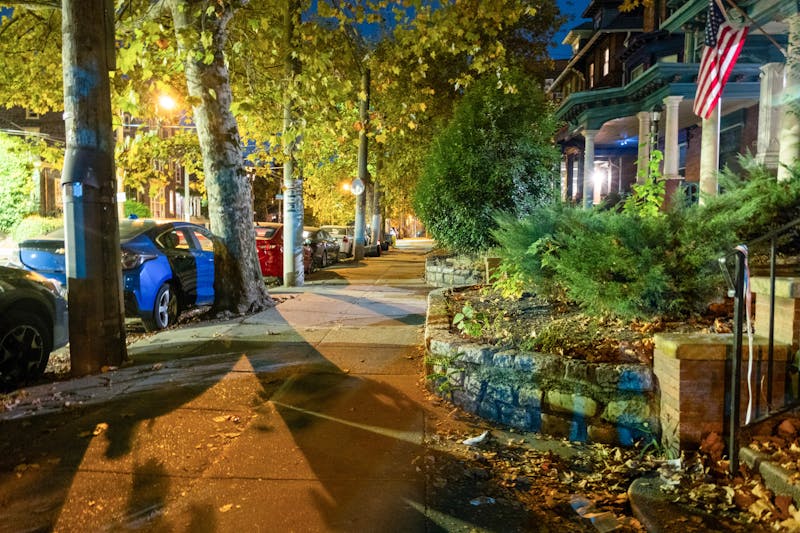Perhaps the most compelling and intriguing development out of the Lancaster County school shootings was when the victims and their families asked that people forgive gunman Charles Roberts for his horrendous actions. For many, forgiveness of such atrocities is counterintuitive, not to mention unimaginable.
Trying to explain it, some of the local, national and international news accounts I saw characterized the Amish as strange: "shrouded in mystery," the BBC said. Most ended up leaving the impression that the Amish are generally out of step with mainstream America.
The Philadelphia Inquirer's enormous "When worlds collide" headline on Sunday was typical of the coverage.
Part of the difficulty the media have had in covering this story is that it occurred in a religious setting. And in trying to make sense of a story like this, people ultimately confront the meaning of religion in their own everyday lives.
Many people remain uncomfortable talking about religion, either their's or someone else's. The sad result is that religion becomes an avoided topic in what passes for public discourse in America these days.
John Kerry took some criticism during his 2004 presidential campaign for not talking more about his Catholicism and how it informed his politics. Kerry has explained that his unwillingness was because he believes religion and faith are private matters that should not become political issues.
Kerry is beginning to reconceptualize this view, however. In a recent speech delivered at Pepperdine University, Kerry outlined four political issues he believes religion and faith can inform. The issues of "fighting poverty and disease, taking care of the earth, reducing abortions and fighting just wars transcend the culture wars and actually reach common ground," he said.
Kerry may be on to something. We, as Americans, need to get over our aversion of public discussions about religion and how it informs our everyday lives.
It was no small accident that Kerry chose to talk about intersections of religion and policy at a university. There is nothing incompatible about academic life and larger conversations about religion and faith. Indeed, places like Penn - ostensibly dedicated to the life of the mind - are exactly where these kinds of conversations should happen.
I never took the opportunity for such considerations myself. Growing up, I had my neighborhood church directly across the street from my home, right next to my Catholic elementary school. I attended a Catholic high school and then a Catholic university. For most of my life, I never really had to confront challenges to my religious tradition and how it informed what I thought I knew about the world. Being Catholic in a secular America was never a big deal for me. I just figured everyone else was going to hell.
And in retrospect, that's too bad. Now that I'm a bit older, I find myself thinking about things I wished I confronted earlier - perhaps during my undergraduate years.
But it's never too late to start having those conversations about religion and politics.
Abortion, same-sex marriage, prayer in public schools, separation of church and state and bridging gaps between different religious traditions are far too significant issues for the mainstream media, the politicians and the extremists to discuss on our behalf without our input.
"I definitely pray about such issues and ask God to help me make faithful decisions," College senior Lisa DeGregoris said in an e-mail. "In addition to prayer, I also do research into the various aspects of the issues to help me to make faithful, informed decisions."
DeGregoris may be an exception, but she nevertheless provides a good model of letting one's faith inform her decisions while taking the time to learn the different sides of complex social issues. Individually and collectively, we are responsible for engaging larger discourses of policy and political issues that intersect with religious beliefs.
Having those conversations, however, depends on our ability and willingness to rise above the heat of anger and scandal that dominate contemporary discussions of religion.
And perhaps we can take a lesson from the Amish to find points of common interest while striving together to attain understanding through calm, reasoned and enlightened dialogue.
Rene Alvarez is a sixth-year History Ph.D. candidate from Chicago, Ill. His e-mail address is alvarez@dailypennsylvanian.com. Rico Suave appears on Tuesdays.
The Daily Pennsylvanian is an independent, student-run newspaper. Please consider making a donation to support the coverage that shapes the University. Your generosity ensures a future of strong journalism at Penn.
DonatePlease note All comments are eligible for publication in The Daily Pennsylvanian.







